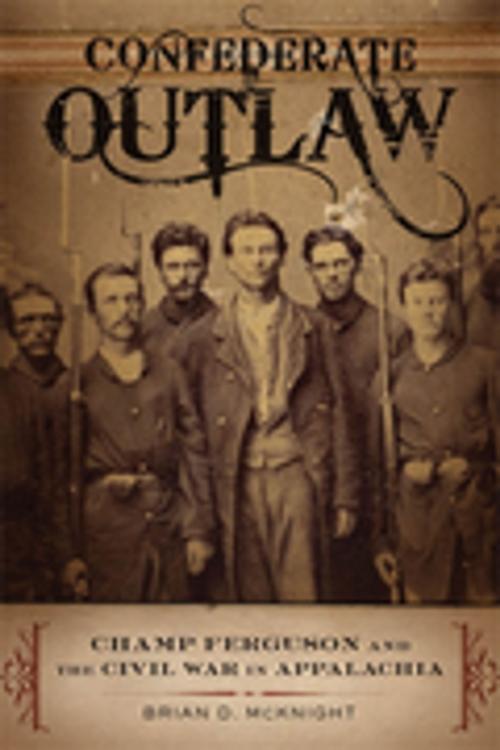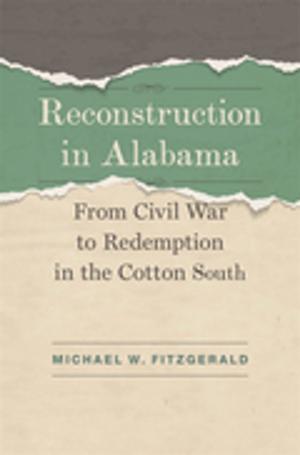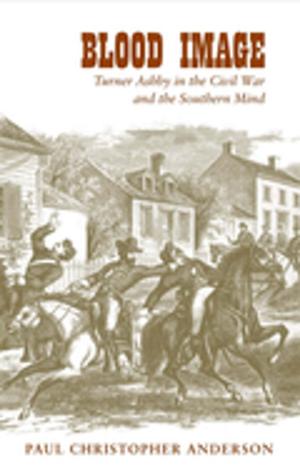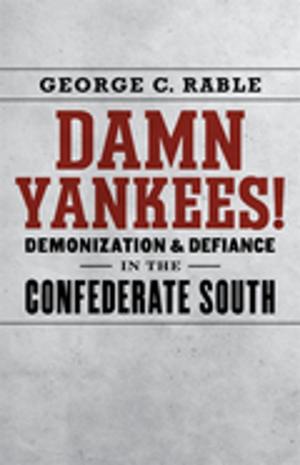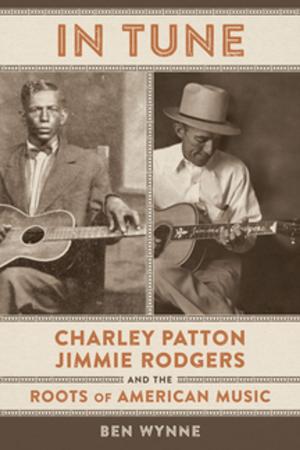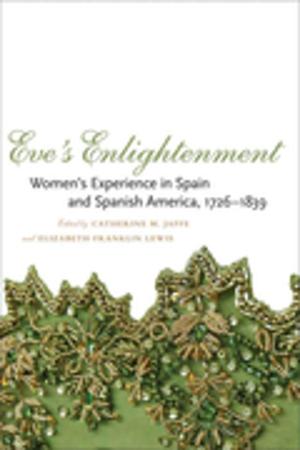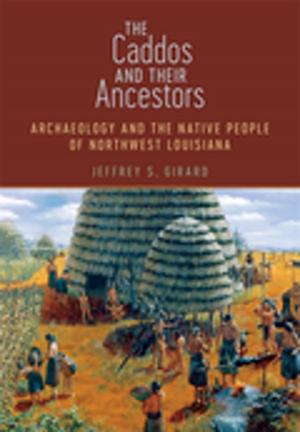Confederate Outlaw
Champ Ferguson and the Civil War in Appalachia
Nonfiction, History, Americas, United States, Civil War Period (1850-1877)| Author: | Brian D. McKnight | ISBN: | 9780807139448 |
| Publisher: | LSU Press | Publication: | April 8, 2011 |
| Imprint: | LSU Press | Language: | English |
| Author: | Brian D. McKnight |
| ISBN: | 9780807139448 |
| Publisher: | LSU Press |
| Publication: | April 8, 2011 |
| Imprint: | LSU Press |
| Language: | English |
In the fall of 1865, the United States Army executed Confederate guerrilla Champ Ferguson for his role in murdering fifty-three loyal citizens of Kentucky and Tennessee during the Civil War. Long remembered as the most unforgiving and inglorious warrior of the Confederacy, Ferguson has often been dismissed by historians as a cold-blooded killer. In Confederate Outlaw: Champ Ferguson and the Civil War in Appalachia, biographer Brian D. McKnight demonstrates how such a simple judgment ignores the complexity of this legendary character.
In his analysis, McKnight maintains that Ferguson fought the war on personal terms and with an Old Testament mentality regarding the righteousness of his cause. He believed that friends were friends and enemies were enemies -- no middle ground existed. As a result, he killed prewar comrades as well as longtime adversaries without regret, all the while knowing that he might one day face his own brother, who served as a Union scout.
Ferguson's continued popularity demonstrates that his bloody legend did not die on the gallows. Widespread rumors endured of his last-minute escape from justice, and over time, the borderland terrorist emerged as a folk hero for many southerners. Numerous authors resurrected and romanticized his story for popular audiences, and even Hollywood used Ferguson's life to create the composite role played by Clint Eastwood in The Outlaw Josey Wales. McKnight's study deftly separates the myths from reality and weaves a thoughtful, captivating, and accurate portrait of the Confederacy's most celebrated guerrilla.
An impeccably researched biography, Confederate Outlaw offers an abundance of insight into Ferguson's wartime motivations, actions, and tactics, and also describes borderland loyalties, guerrilla operations, and military retribution. McKnight concludes that Ferguson, and other irregular warriors operating during the Civil War, saw the conflict as far more of a personal battle than a political one.
In the fall of 1865, the United States Army executed Confederate guerrilla Champ Ferguson for his role in murdering fifty-three loyal citizens of Kentucky and Tennessee during the Civil War. Long remembered as the most unforgiving and inglorious warrior of the Confederacy, Ferguson has often been dismissed by historians as a cold-blooded killer. In Confederate Outlaw: Champ Ferguson and the Civil War in Appalachia, biographer Brian D. McKnight demonstrates how such a simple judgment ignores the complexity of this legendary character.
In his analysis, McKnight maintains that Ferguson fought the war on personal terms and with an Old Testament mentality regarding the righteousness of his cause. He believed that friends were friends and enemies were enemies -- no middle ground existed. As a result, he killed prewar comrades as well as longtime adversaries without regret, all the while knowing that he might one day face his own brother, who served as a Union scout.
Ferguson's continued popularity demonstrates that his bloody legend did not die on the gallows. Widespread rumors endured of his last-minute escape from justice, and over time, the borderland terrorist emerged as a folk hero for many southerners. Numerous authors resurrected and romanticized his story for popular audiences, and even Hollywood used Ferguson's life to create the composite role played by Clint Eastwood in The Outlaw Josey Wales. McKnight's study deftly separates the myths from reality and weaves a thoughtful, captivating, and accurate portrait of the Confederacy's most celebrated guerrilla.
An impeccably researched biography, Confederate Outlaw offers an abundance of insight into Ferguson's wartime motivations, actions, and tactics, and also describes borderland loyalties, guerrilla operations, and military retribution. McKnight concludes that Ferguson, and other irregular warriors operating during the Civil War, saw the conflict as far more of a personal battle than a political one.
